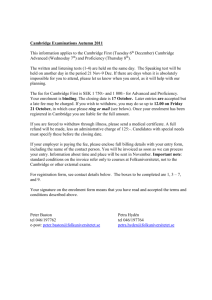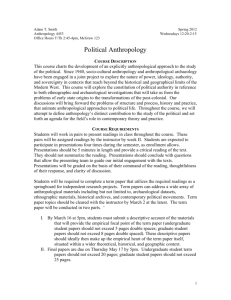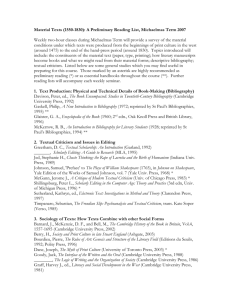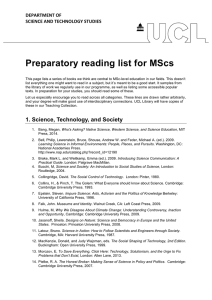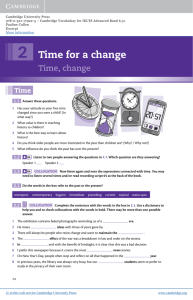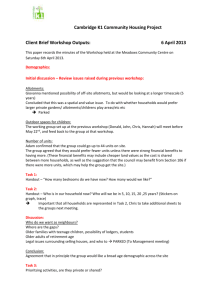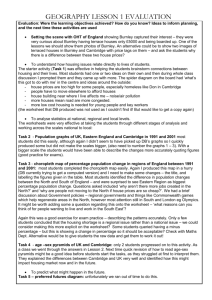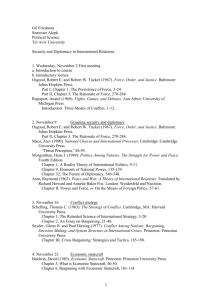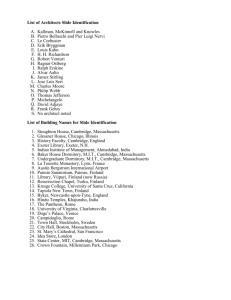Between Words and Walls: Housing in the Graeco
advertisement
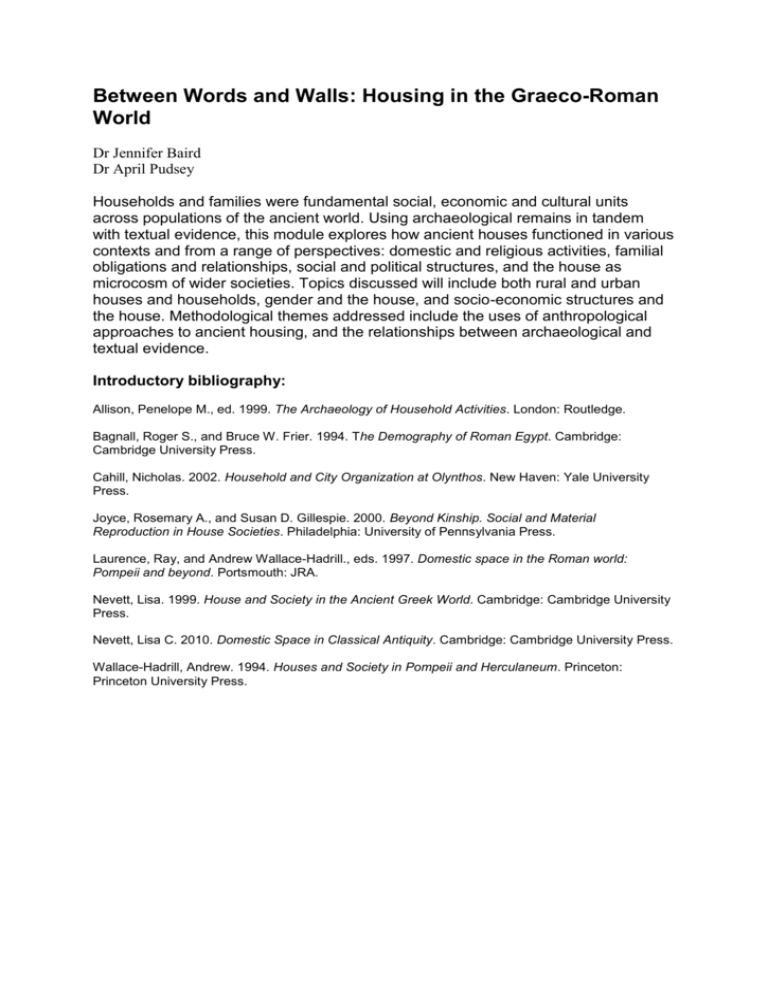
Between Words and Walls: Housing in the Graeco-Roman World Dr Jennifer Baird Dr April Pudsey Households and families were fundamental social, economic and cultural units across populations of the ancient world. Using archaeological remains in tandem with textual evidence, this module explores how ancient houses functioned in various contexts and from a range of perspectives: domestic and religious activities, familial obligations and relationships, social and political structures, and the house as microcosm of wider societies. Topics discussed will include both rural and urban houses and households, gender and the house, and socio-economic structures and the house. Methodological themes addressed include the uses of anthropological approaches to ancient housing, and the relationships between archaeological and textual evidence. Introductory bibliography: Allison, Penelope M., ed. 1999. The Archaeology of Household Activities. London: Routledge. Bagnall, Roger S., and Bruce W. Frier. 1994. The Demography of Roman Egypt. Cambridge: Cambridge University Press. Cahill, Nicholas. 2002. Household and City Organization at Olynthos. New Haven: Yale University Press. Joyce, Rosemary A., and Susan D. Gillespie. 2000. Beyond Kinship. Social and Material Reproduction in House Societies. Philadelphia: University of Pennsylvania Press. Laurence, Ray, and Andrew Wallace-Hadrill., eds. 1997. Domestic space in the Roman world: Pompeii and beyond. Portsmouth: JRA. Nevett, Lisa. 1999. House and Society in the Ancient Greek World. Cambridge: Cambridge University Press. Nevett, Lisa C. 2010. Domestic Space in Classical Antiquity. Cambridge: Cambridge University Press. Wallace-Hadrill, Andrew. 1994. Houses and Society in Pompeii and Herculaneum. Princeton: Princeton University Press.



